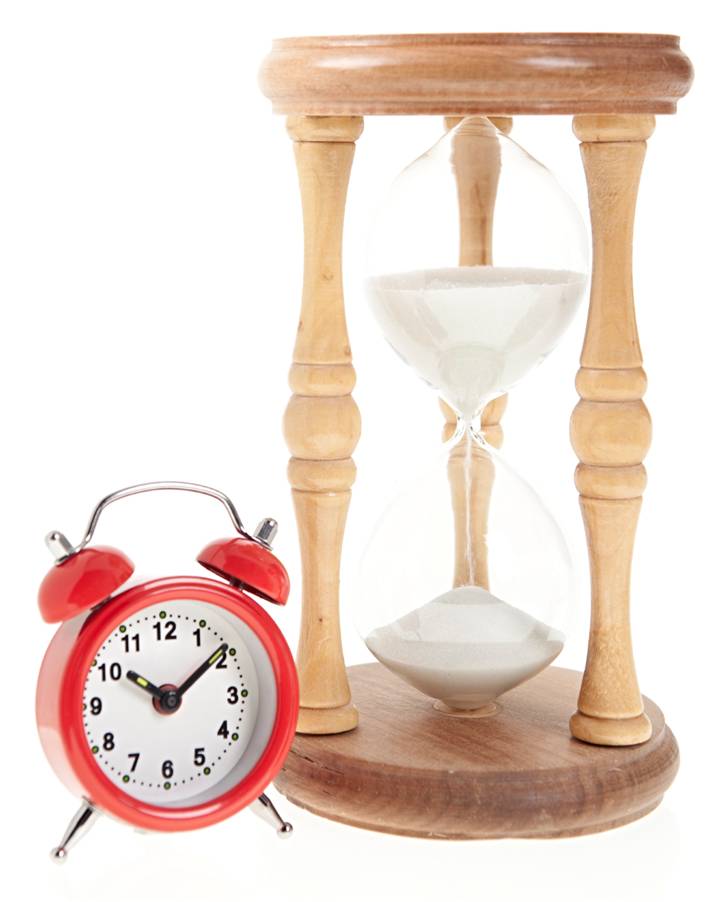My friend, Anthony Iannarino, wrote a great post, The Key To Time Management, Stop Wasting It. It struck a chord, and I wanted to add a few thoughts.
What are you stopping? As Anthony points out, we do all sorts of things, trying to figure out how we fit everything into our busy days. We find excuses to avoid the most critical, highest priority things. Often, we just get into bad habits. We do the same things we’ve always done–but because workloads have skyrocketed, we are just doing them in greater volume–struggling with keeping up. We continue to do the same old things out of habit, it’s the way we’ve always done things. Rather than thinking about what we do, we just try to up the pace. But what if we just stopped? What if we just stopped doing the things we’ve always done, but no longer have the impact they should?
How much time are you spending doing things over? It’s funny, I talk to people about planning all the time–developing a deal strategy, a plan to maximize their ability to win deals in the shortest period possible. Or I talk about sales call planning, spending time thinking about what you want to achieve so you can execute high impact sales calls. The reaction is always the same–people roll their eyes, protesting, “We don’t have time to do this!” But then we look at some of our own past research, sales people make 30-50% more calls than necessary to close–the lack of planning means sales people are wasting not only their time, but their customers’ time. Somehow, we don’t have the time to do thing right, but we have all the time in the world to do things over.
Are you writing it down? We rely on memories too much. We may think about a call plan or a deal strategy. We may spend time planning, evaluating different alternatives, but we don’t take the time to write it down. Then something comes up, we get diverted, we forget. We have too much on our minds, priorities constantly shift, writing things down frees us up so we don’t have to remember–we can just refer back to our written plan.
Are you writing it down? No, I’m not repeating myself, there’s another aspect about committing something to paper (or the “screen.”). Somehow, the act of committing our plan to paper makes it more real. It increases our commitment to execute as we have planned. We can create all sorts of excuses for not doing things if we keep them in our minds. Committing them to paper makes the real!
Do you have a cadence? A cadence is a set of activities, important to achieving results, that we do on a regular basis. For example, every Sunday, I spend an hour planning the measure activities and accomplishments for the coming week. Every morning, the first thing I do is plan my schedule for the day. I block time for writing every day–it’s usually early in the morning. I block time for prospecting calls every day. I block time at the end of every day to assess what I’ve accomplished and whether I am on target for the week. Every 8 weeks, on Saturday morning, I block a couple of hours to look at the next 12 months, updating my goals for the coming year. I get into a regular schedule of doing things that I know produce results.
Do you seek to compress time? In my planning, I always seek ways to shorten the time required to achieve the goal. For example, in a deal, I look at, “How can I accomplish more in each call, reducing the number of calls required to close?” When I do proposals, I constantly look at how I might reduce the time required to develop high quality proposals. Rather than getting in the habit of doing things the same old way all the time, I’m constantly looking to improve what I do, reducing the time required to execute?
Are you taking time off–to do something else, to exercise, to have a life? Long hours, constant busyness, constant activity dulls us. We get tired, we get sloppy, we lose impact ane effectiveness. The best way to “make time” is to take time off and refresh yourself.
Are you managing your time–your impact and effectiveness, or are you the victim of time?

Leave a Reply